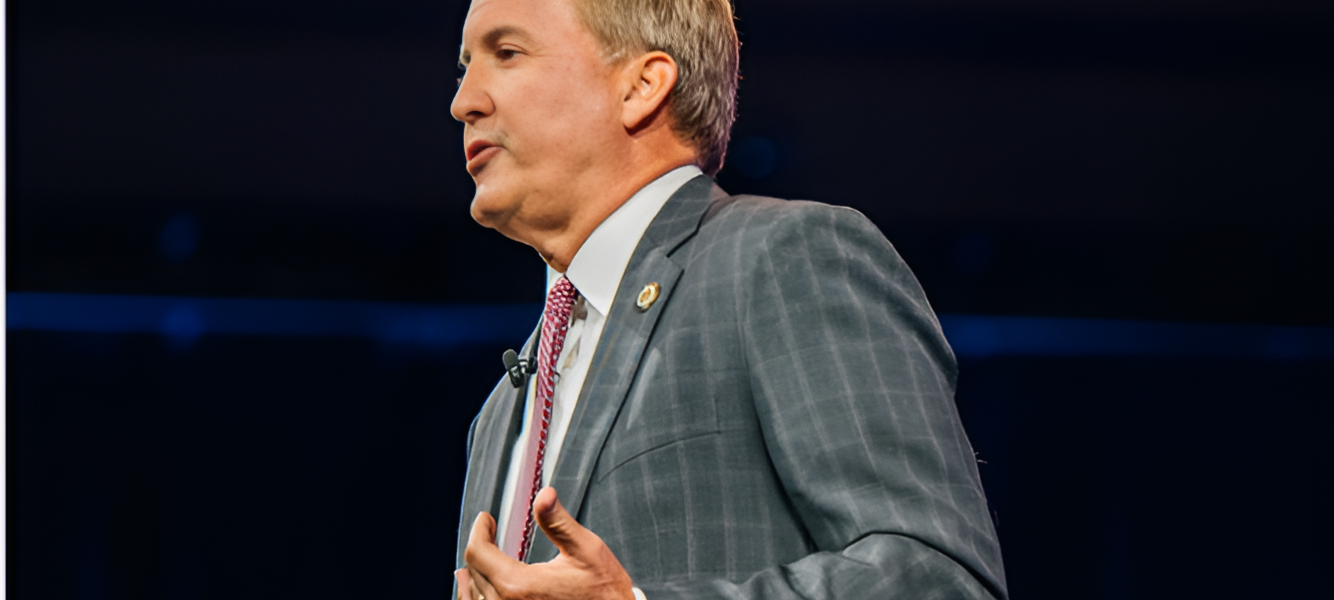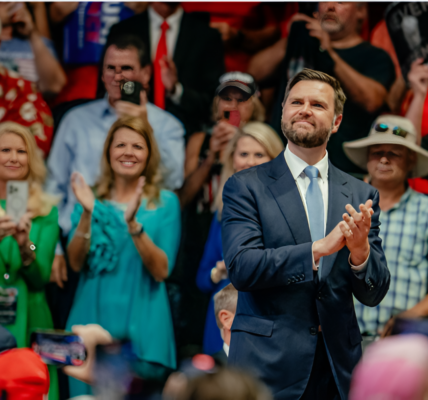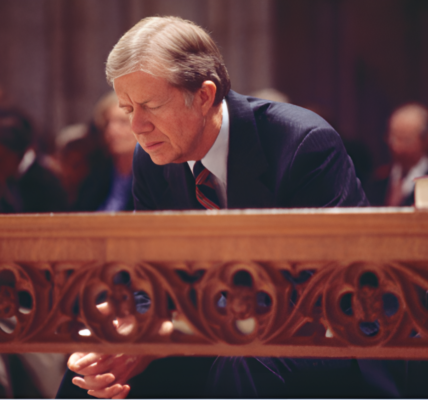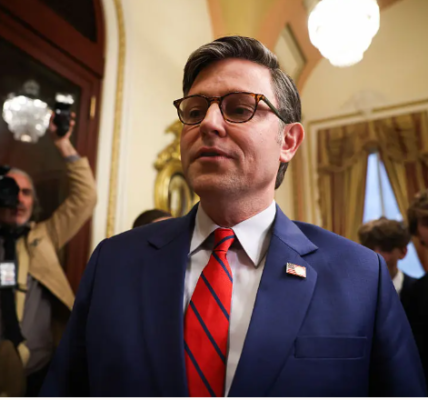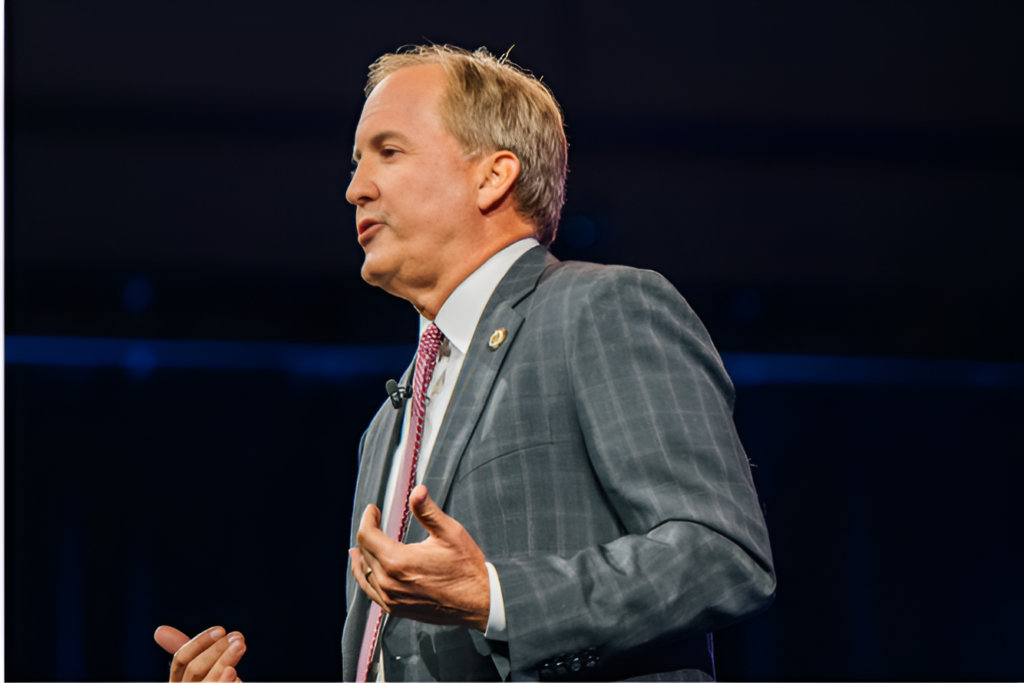
Forget the anticlimactic end to the presidential primary; the most revealing political drama is unfolding right now in Texas. In the swamps and refineries of Southeast Texas, Speaker Dade Phelan finds himself in the crosshairs of a high-stakes primary challenge—a challenge that epitomizes the growing Washington-style political tribalism now gripping state capitals.
Phelan, from an old Beaumont family, is facing a well-funded rival in David Covey, an outsider backed by Lt. Gov. Dan Patrick, Attorney General Ken Paxton, and most notably, former President Donald Trump. This has thrust Phelan into the epicenter of a bitter power struggle, amplified by the rising influence of Trumpism within the Texas GOP.
At the same time, Governor Greg Abbott is orchestrating a purge of state representatives who haven’t fully backed his agenda. Abbott’s primary target is the school voucher program, one of the few conservative measures yet to make it past the Texas legislature. Patrick, meanwhile, aims to consolidate control of the legislative branch, while Paxton seeks revenge against those who voted to impeach him over corruption charges. Together, they form a formidable coalition, attacking incumbents like Phelan in a high-stakes game of partisan power plays.
The Republican infighting in Texas might resemble a Quentin Tarantino film: chaotic, bloody, and filled with complex characters fighting for dominance. But this internal GOP war is no trivial matter. It’s a stark reflection of the state’s ongoing partisan realignment—a shift that has made general elections less competitive and transformed the state’s GOP into an ideological battlefield.
The political divide isn’t driven by major ideological differences but by a thirst for power. In Texas, elections are won in the primaries, not the general elections, and this has made the battle for control of the Republican Party more intense than ever. The growing dysfunction in the party mirrors the chaos seen in Washington, where loyalty to the tribe outweighs traditional political norms and compromises.
Phelan’s vulnerabilities reveal how drastically the political landscape has shifted. His opponent, Covey, has seized on the fact that Phelan continued the longstanding Texas practice of giving some committee chairs to the minority party and even impeached Paxton. These moves, once considered bipartisan and reasonable, are now viewed as weaknesses in the age of Trump and relentless partisan warfare.
For many Republican voters today, even moderate actions like these—let alone holding members of their own party accountable—are seen as acts of betrayal. “He might be guilty, but he’s our guy,” Phelan recalled hearing from his supporters about Paxton. This brand of loyalty-over-accountability thinking has become the hallmark of Trump-era politics, infecting state capitals as much as it has Washington.
In Beaumont, where Phelan’s office is adorned with memorabilia of his family and his sons’ university achievements, the speaker is frustrated. He sees the shift in politics as both inevitable and dangerous, warning that the GOP’s internal struggles could create an opening for Democrats—something that seemed unimaginable just a few years ago. “If we can’t produce results because we eat each other up, it’s going to be a problem,” Phelan said.
Despite this, the dream of turning Texas blue remains distant for Democrats. The state’s changing demographics and rising Latino influence haven’t been enough to overcome the powerful force of education polarization, which has driven working-class voters toward the GOP. The political arithmetic just isn’t there—yet.
Ben Barnes, a former Democratic House speaker, laments the brazen tactics of today’s Texas GOP. “If I had taken $3 million from a pro-Paxton group, they would have marched on the Capitol to impeach me,” he said, referring to Patrick’s questionable financial ties to Paxton supporters. Yet, in today’s political climate, anything goes as long as it’s for the “right” side.
The specter of Trump looms large over the state’s politics, particularly in Southeast Texas, where Covey’s campaign has been bolstered by the former president’s endorsement. Trump’s influence has transformed the political landscape, elevating loyalty to him above all else. “Trump is the gold standard in Southeast Texas,” Covey said, underscoring the shifting loyalties in the state.
Meanwhile, Abbott remains silent on Phelan’s race, a move that speaks volumes about his position in this battle. As Covey and Phelan vie for control, the GOP civil war risks weakening the party’s grip on Texas, leaving an opening for Democrats to exploit.
But Phelan and his allies—former Governor Rick Perry included—are not going down without a fight. They argue that the speaker is anything but a moderate, citing his legislative wins on issues like gun rights and abortion. Still, the charges of RINOism (Republican in Name Only) persist, with Trump loyalists and MAGA candidates eager to reshape the GOP in their image.
Even some of the party’s establishment figures, like Senator John Cornyn, are dismayed by the escalating divisions. Cornyn has engaged in a bitter public feud with Paxton, calling out the corruption surrounding the AG. But in the world of Texas GOP politics, where personal loyalty trumps traditional allegiances, the old rules no longer apply.
The looming threat of political violence further underscores the intensity of this internal strife. Phelan’s own safety has been compromised, with Texas Department of Public Safety officers stationed outside his home following threats from constituents who disapprove of his stance on Paxton. “It’s the Matt Gaetzes of the world,” Phelan remarked, alluding to the faction within his own party eager to upend the status quo at any cost.
Yet despite the chaos, Phelan holds out hope that Texas Republicans can learn from the mistakes of the past. The fight within the GOP is far from over, but one thing is clear: the internal war is taking its toll, and if the infighting continues, it may be the Democrats who stand to benefit.
As the Texas GOP continues to splinter under the weight of national politics and factionalism, the question remains: will it be able to regroup in time to hold onto its dominance in the state, or is this the beginning of the end for the once-unified Republican machine in the Lone Star State?

